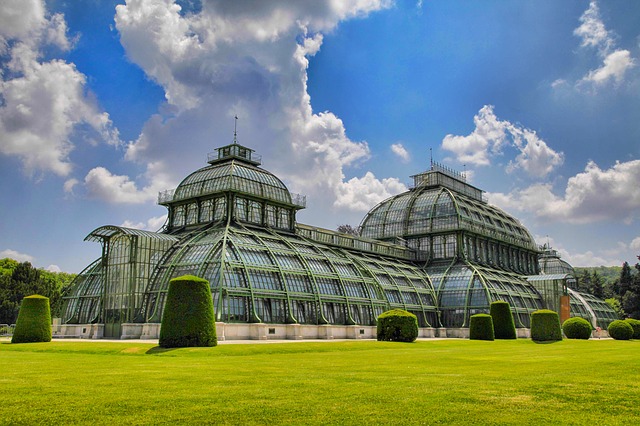What Is Permaculture?
Permaculture is a science of creating human habitats and food systems that prosper and harmonize with nature. Permaculture is a philosophy that replicates the natural patterns observed in healthy eco system emphasizing social, conceptual and agricultural values. It merges the finest of natural and edible landscaping with a goal of sustainability and self sufficiency.
Origin
The word Permaculture was created and popularized in the mid 1970’s by an Australian ecologist David Holgren, and his associate professor Bill Mollison. The name joins the words permanent and agriculture to signify permanent culture.
Three Ethics Of Permaculture
1. Earth Care
2. Care of Humans
3. Fair-share and Limiting Consumption
Human habitats, land cultivation, water collection, and microclimates are all developed with a goal of a thriving, productive community immersed in nature. Land utilization is approached in a manner for the highest yield with a variety of perennial plants.
Permaculture Project Elements
Land Observation
Planning
Building
Habitat Construction
Gardening
Natural Pest Control
Farming
Economics
Community
The Future Of Permaculture
Permaculture’s approach and core principles intend to benefit people, and our environment. The future for Permaculture is promising with a growing awareness of the importance of implementing systems for our communities to thrive in this amazing habitat called earth.





